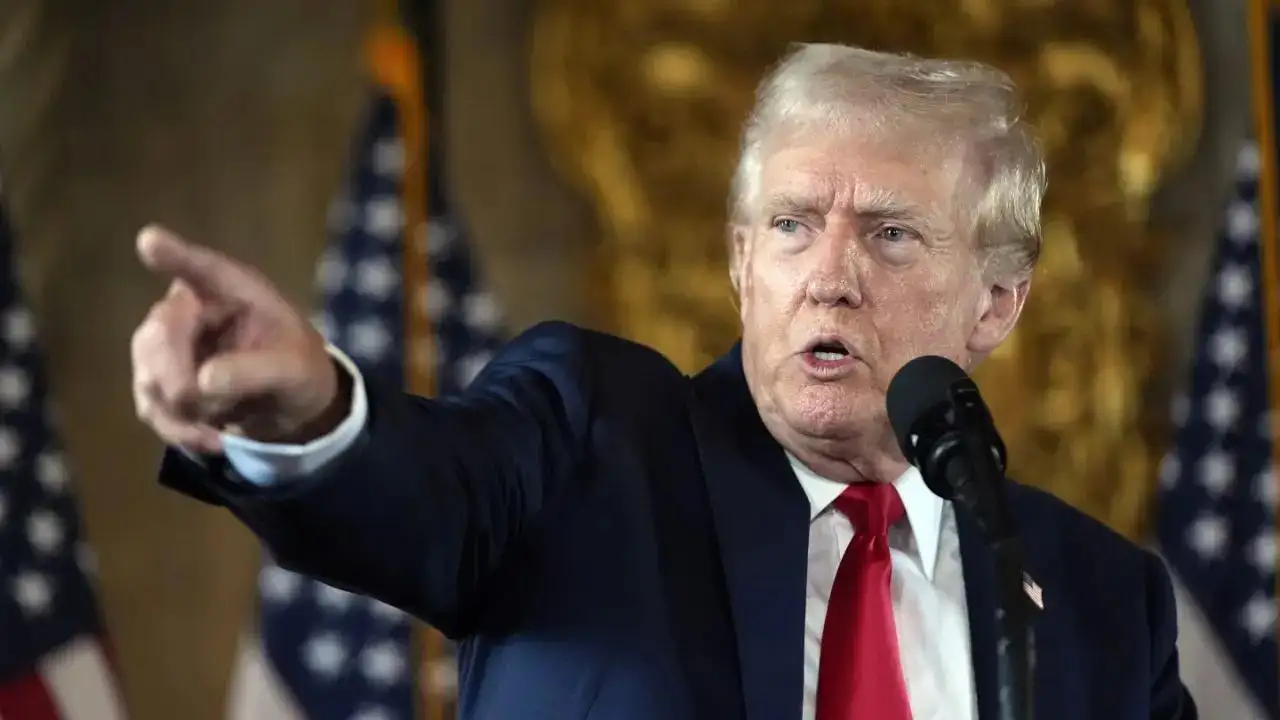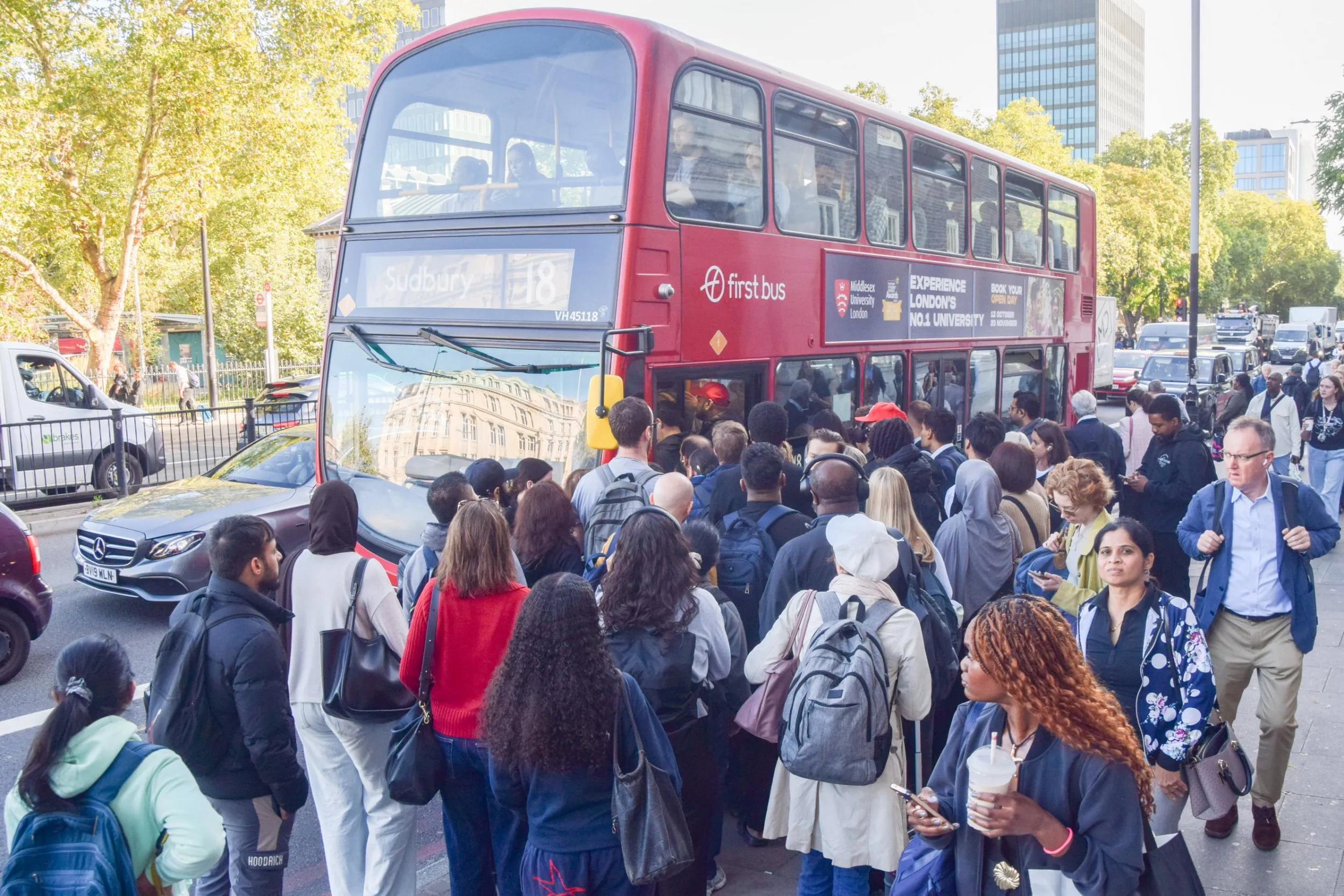By Yuvraj Tyagi
Copyright timesnownews

For many aspiring scholars, the United States has long symbolised academic opportunity. Yet President Donald Trump’s travel ban, announced earlier this year, has closed doors to thousands of international students from nearly 19 countries. The restrictions have particularly affected students from Iran, Myanmar, and Afghanistan, where education is already precarious. One of them, Bahara Saghari, a 21-year-old Afghan student, told the Associated Press that she dreamt of studying business administration at a liberal arts college in Illinois. After years of preparing for English tests, she was accepted but prevented from attending. “You think that finally you are going to your dream, and then something came up and like, everything’s just gone,” she said. Students Stranded by Travel Restrictions The US State Department reported that more than 5,700 student visas were issued last year to applicants from the affected countries, with Iran and Myanmar accounting for more than half. Those pipelines have since been disrupted. Many students, such as 17-year-old Iranian chemistry hopeful Pouya Karami, were forced to defer admission. Others, like “Gu Gu” from Myanmar, saw offers revoked after visa appointments were cancelled. Families who had saved for years to send their children abroad are now left in limbo. For decades, international students have bolstered American institutions with innovation and cultural exchange. Critics argue that deferred or lost opportunities risk not only individual futures but also the country’s global standing. “You lose this idealistic view of the world,” said Amir, an Iranian researcher who lost his position at the University of Pennsylvania. “Maybe people don’t want you there. That’s kind of hard to deal with.” Whether the measure is a temporary pause or a lasting policy, the disruption is clear: education has become collateral in geopolitical battles. National Security vs. Academic Freedom The Trump administration defends the policy as a safeguard against “deficient” screening processes in certain countries, citing high visa overstay rates and security threats. While green card holders, dual citizens, and some exemptions remain, the restrictions have left gaps on American campuses. University administrators warn of the broader impact on research, diversity, and knowledge exchange. Get Latest News Live on Times Now along with Breaking News and Top Headlines from US News and around the World.



